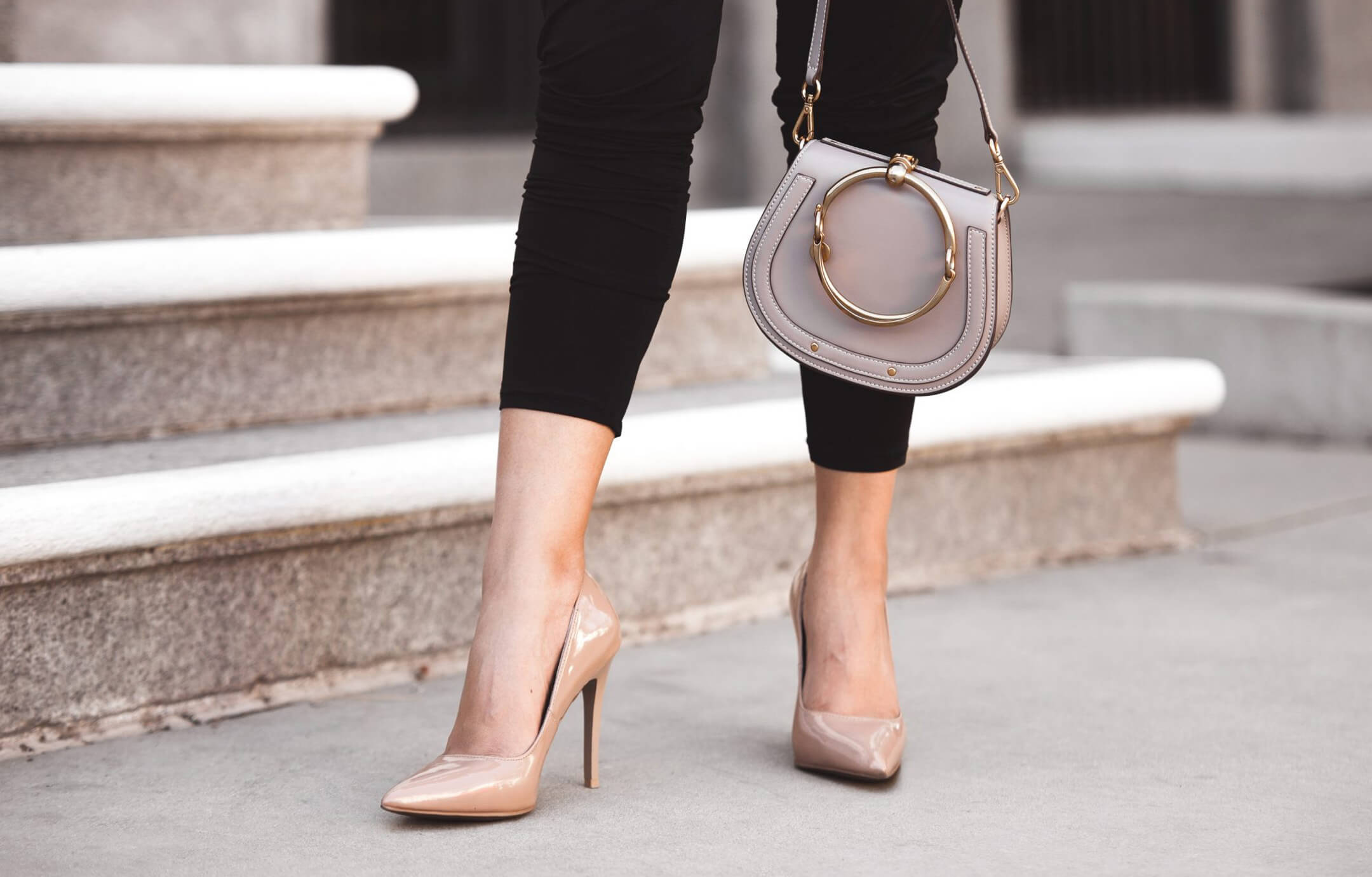
There’s no denying it: sustainability hasn’t always been at the forefront of the fashion industry.
It took years of unhealthy practices before consumers finally began to criticize the drastic increase in the amount of produced and wasted clothes.
These criticisms mainly centered around the health and well-being of garment workers as well as the environmental impact of apparel production as a whole.
COVID-19 has now helped propel the conversation further, as consumers have begun to take a much more cautious approach when shopping.
There is one drawback, however.
Although many like the idea of shopping more sustainably, most simply cannot afford to do so, especially in the midst of this pandemic where jobs are lost and wallets thinned.
Data collected by the ecological certification company Oeko-Tex concluded that 69% of millennials say they consider the sustainability and eco-friendliness of clothing companies when shopping, yet only 37% buy from brands with those initiatives.
Despite the fact that the sticker price of eco-friendly fashionable clothing often intimidates the consumer, there are still other ways that they are trying to support sustainable fashion.
One of the primary issues with fashion in this day and age is how much waste it produces— individuals who no longer have a use for their clothes reinforce throwaway culture by discarding perfectly well-off garments. They may have never realized others out there would be more than happy to repurpose this clothing.
As the concept of thrifting pervades the industry, there has been an increase in the utility of second-hand clothing stores and resale sites. The end result is a resale market that’s more prevalent than ever.
Companies such as eBay, Grailed, and Stockx have been particularly successful in producing a market for reselling clothes from high-end fashion retailers and popular fast fashion brands alike.
Another eco-friendly trend that has become increasingly common is buying fewer clothes to use over a longer period of time. The byproduct of which is an expansion of business for clothing repair companies as consumers are now investing more time and effort in maintaining the clothes they have already purchased.
Ultimately, even though the price of eco-friendly clothes has deterred consumers from buying them, advocates in the COVID-19 era are finding diverse ways to be increasingly sustainable in their sartorial decisions.
Check out the full story at Cosmopolitan.
Featured Image: The Baller on a Budget